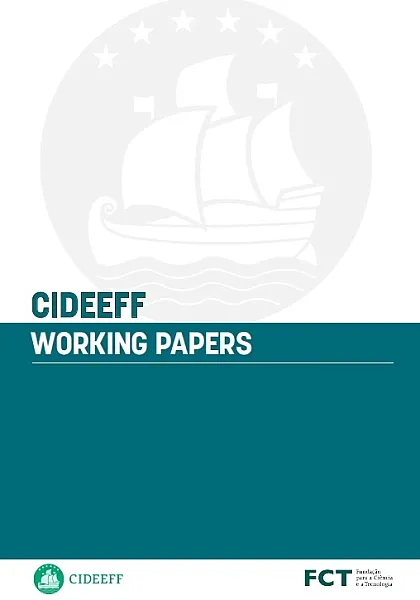Regulatory aspects in the taxation of the large fortunes: A legal-comparative analysis between Brazil, Germany and France

To date, the National Congress has around 55 (fifty-five) bills for the creation of the Large Wealth Tax (IGF). In short, the projects aim to reduce social inequalities. However, although the goal is laudable, to date, none of these projects have been approved. Thus, the goal of this paper is to describe and analyse the legal and regulatory perspectives of the institution of the Tax on Great Fortunes (IGF), based on the complementary bills processed in the National Congress from 2008 onwards, as well as from the experience in comparative law and, especially, French law and German law. The methodology is essentially descriptive, quantitative, and comparative. At the end, the difficulties involved in the use of a tax with this materiality will be presented, especially with regard to i) its equality aspects, within the scope of the evaluation of different types of goods and the application between its taxpayers, ii) the effect of a gradual confiscation of this type of taxation, iii) favouring the spender to the detriment of the saver, iv) the low revenue potential (at least in the French and German experience), v) the high collection and inspection costs, vi) the worsening risk of escape of capital and vii) the illegitimacy of the concomitant collection of this tax alongside existing taxes on I) income, II) assets, III) consumption, IV) the transfer of goods and rights, V) inheritances and donations and VI ) income generated by financial assets.
Keywords: Tax law; Wealth tax; Regulatory aspects; Fiscal policy; Tax exile.
Recent Publications


